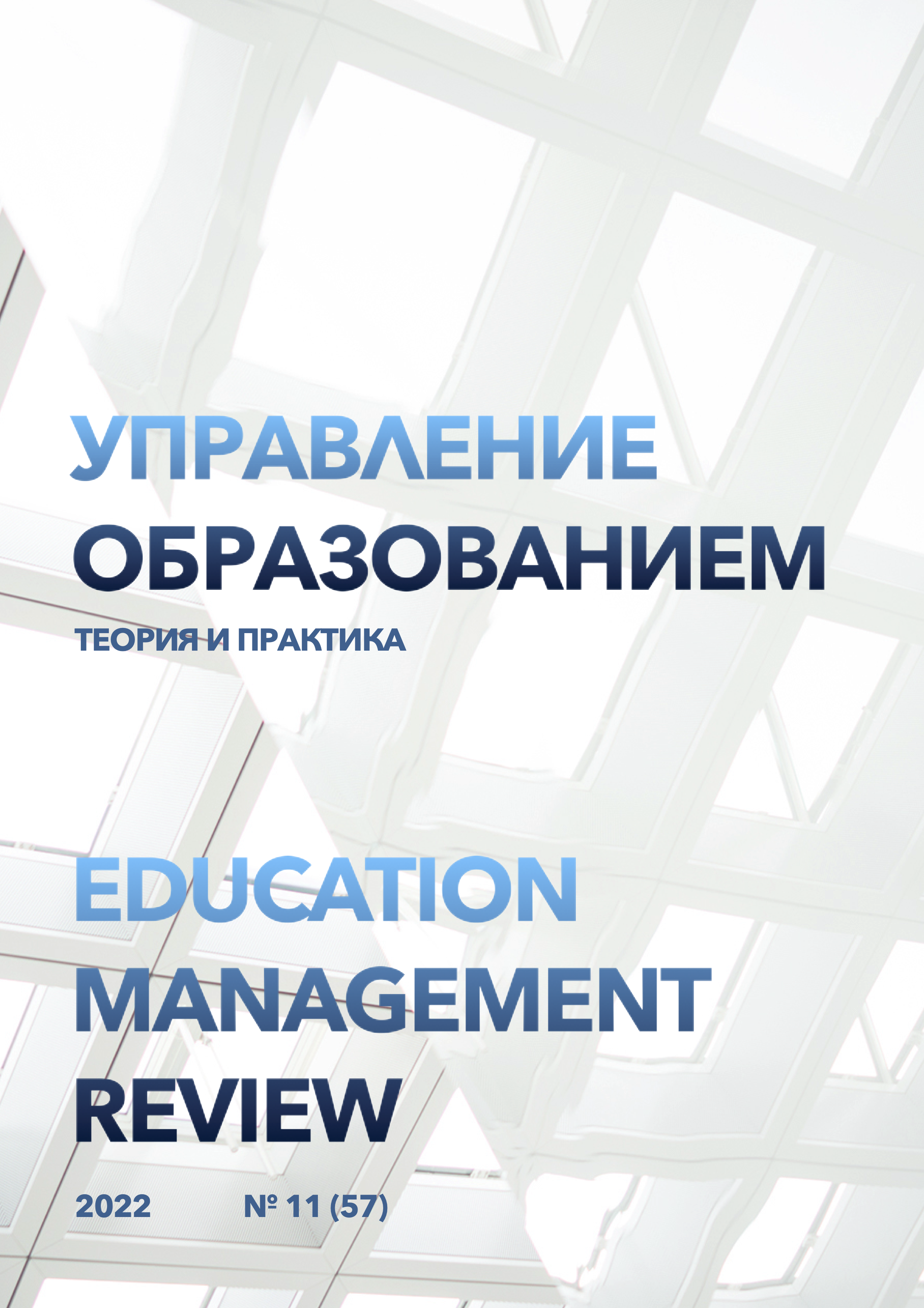Formation of foreign language communication based on mobile technologies
DOI:
https://doi.org/10.25726/n4965-5413-7750-bKeywords:
mobile devices, communication principle, LinguaLeo, Enpodcast, Grammar up, Animoto, KahootAbstract
The article is devoted to the study of modern approaches to the organization of the educational process in a secondary educational institution using mobile technologies. The authors point out that the use of mobile technologies is actively used for individual tasks to create their own photos and videos to present their own projects and presentations, and discuss them on social networks. The popularity of mobile devices, as well as applications that can be used by students for educational purposes, provides a huge potential for learning foreign languages not only in an educational institution, but also in any other place at a convenient time for the student, instilling in them independence. For example, the Lingua Leo application, designed for learning foreign languages, does not provide absolute independence for students, but helps to achieve an average level. In addition, the use of mobile applications such as Enpodcast, Grammar up, Animoto, Kahoot, which allow improving students' grammar and lexical skills and viewing or listening to foreign-language video and audio files, is gaining popularity. An important factor influencing the process of communication is the organization of interaction (dialogue) between communicating individuals, namely the interactive function of communication (exchange of actions).
References
Мальчикова Н.К. Проблемное задание как средство развития творческого мышления обучающихся на занятиях английского языка // Современный университет в цифровой образовательной среде: ориентир на опережающее развитие: материалы X Международной учебно-методической конференции, Чебоксары, 25 октября 2018 года / Чувашский государственный университет имени И.Н. Ульянова. Чебоксары: Чувашский государственный университет имени И.Н. Ульянова, 2018. С. 138-141.
Прокопчук Н. Использование смартфонов на уроках английского языка в общеобразовательном учебном заведении // Актуальные вопросы гуманитарных наук, 2018. Вып. 19. Т.1. С. 210-216.
Сон И.С. Мобильное обучение в изучении иностранных языков // Теория и практика образования в современном мире: материалы III Междунар. науч. конф. г. Санкт-Петербург, май Реноме, 2013 г. С. 164-167. https://moluch.ru/conf/ped/archive/70/3844/
Lingualeo для учителей: https://lingualeo.com/ru?utm_source
Fedotova, N. N. (1999). Professional potential graduates. Human resources, 1(2), 14-16.
Morozova, A. L. (2010). Pedagogical basis for the development of foreign language communicative competence of students of non-language faculties of pedagogical high school (Unpublished candidate dissertation). Tomsk State University, Tomsk, Russian Federation.
Peshnya, I. S. (2010). Interactive learning technologies as tools of the professional competence of the student paramilitary institution. Irkutsk.
Popova, T. P. (1999). Formation of foreign language communicative competence of students of the 1st year correspondence department of language high school (English: Applications) (Unpublished candidate dissertation). Nizhny Novgorod State Linguistic University, Nizhny Novgorod, Russian Federation.
Verbitsky, A. A. (2004). Competence-based approach and the theory of contextual learning: Proceedings of the fourth session of the methodological seminar Nov 16. 2004. Moscow, М: Research Center of the quality of training.
Zimnayay, I. A. (2003). Key competencies—A new paradigm of education result. Higher education today, 5, 35-41.




